Experts Say These 8 Smart Home Upgrades Aren’t Worth The Money
These days, there’s a lot of buzz around smart home technology, and it’s easy to feel like you’re behind if your house doesn’t talk back or adjust the thermostat on its own. But not every smart upgrade is worth your hard-earned money. Some of them are more about flash than function, while others can cause you more hassle instead of helping. If you’re trying to make practical, usable updates to your home, these are the ones the experts say to avoid.
Smart Toilets
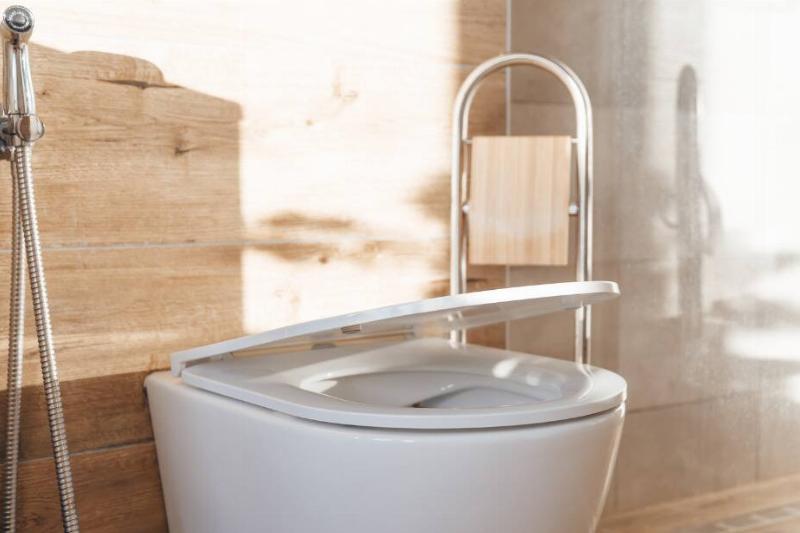
These high-tech toilets can include heated seats, bidets, music, and even voice commands. But when it comes down to it, they’re more about luxury than function. Repairs can be costly, especially if the tech starts acting up. And in a power outage, you might lose some basic functionality. A standard toilet with a quality bidet attachment gives you most of the benefit of a smart toilet at a fraction of the cost, and with a lot less risk of things going haywire.
Smart Ovens
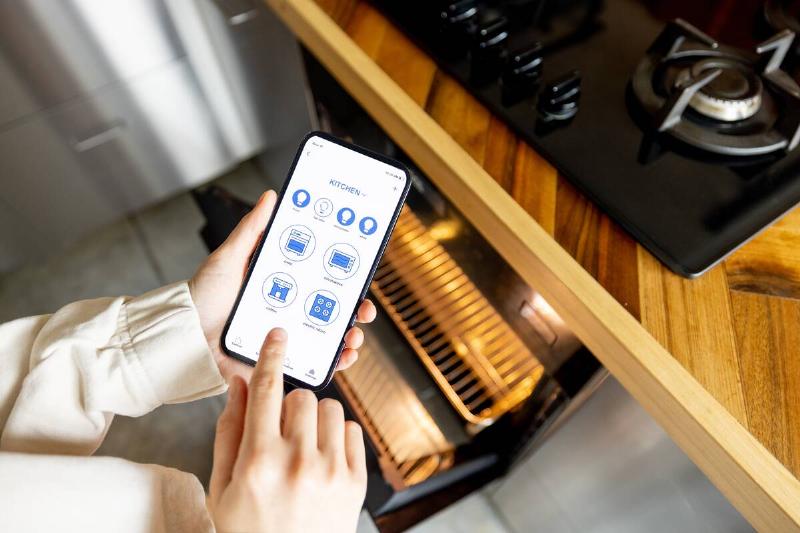
Being able to preheat your oven from the grocery store sounds clever, but that’s about where the benefits of smart ovens end. These ovens are expensive, and they don’t cook food any better than the model you already have. Plus, relying on Wi-Fi to control something that heats to 400 degrees introduces safety risks into your home if the tech ever glitches. Most pros recommend spending your budget on a reliable oven with good temperature control rather than one with a fancy app connection.
Smart Mirrors
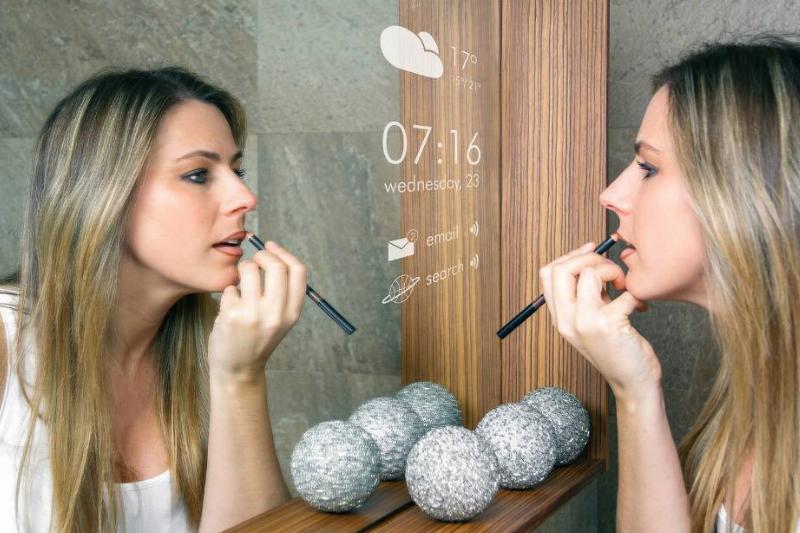
Smart mirrors can tell you the weather, play music, or offer virtual workouts, but they’re not really helping you get out the door any faster in the morning. These gadgets are often overpriced, and the novelty wears off quickly. Touchscreens in a steamy bathroom don’t always work well either. If you're into fitness, a tablet or smart TV can let you play free workout videos from YouTube or other streaming services on your TV, so you don’t even have to pay for an extra subscription. There’s a reason why you don’t see many smart mirrors in people’s houses.
Voice-Controlled Faucets
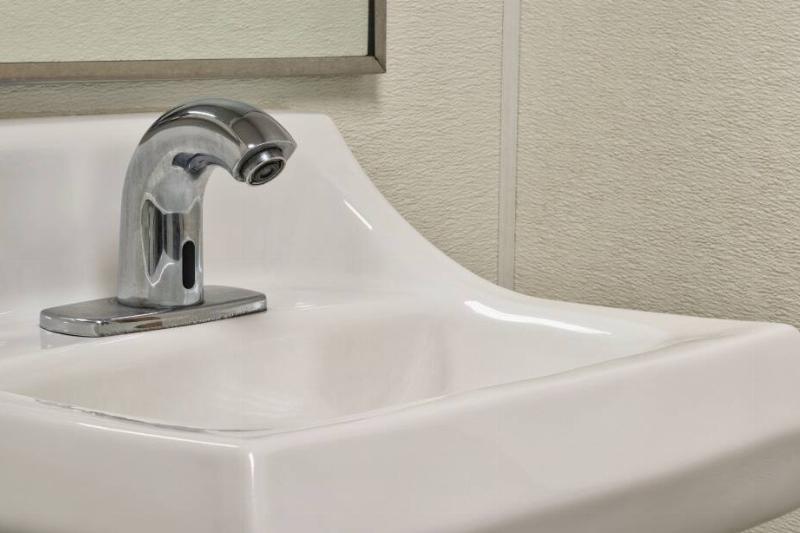
They sound handy, especially if your hands are messy from cooking and you don’t want to touch your faucet. But voice-controlled faucets often don’t work as smoothly as promised and may struggle to understand what you’re telling it to do. They also need to be connected to a power source or you’ll need to change the batteries often. A simple touchless faucet is usually more reliable and still keeps things hygienic. Voice control might be fun for a while, but it’s not something most people end up relying on for everyday use.
Smart Showers
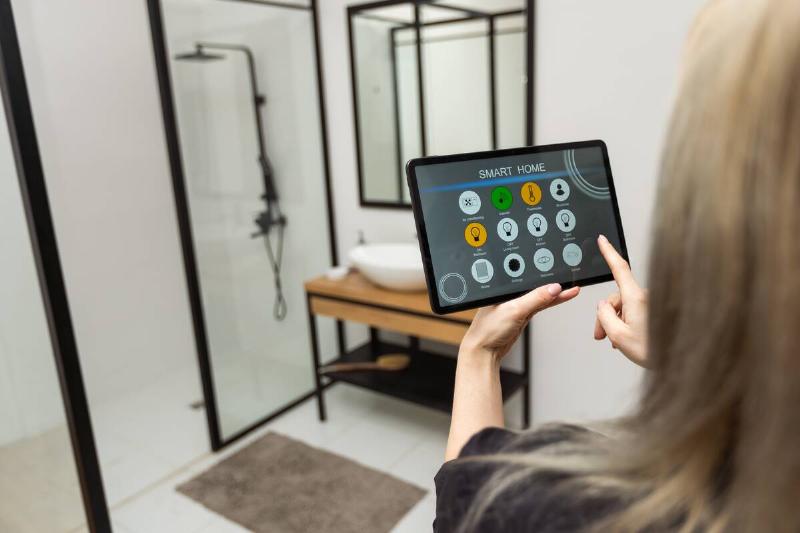
Adjusting water temperature with your voice or an app sounds like a fun luxury, but these systems are pricey and tricky to install. Plus, a lot of reviews say they don’t necessarily make your shower experience better enough to justify the cost. Some users report connection issues or software updates that throw things off and make it harder to shower. If you’re after better water pressure or consistent temperature, a good old-fashioned thermostatic valve might be a better investment.
Smart Refrigerators
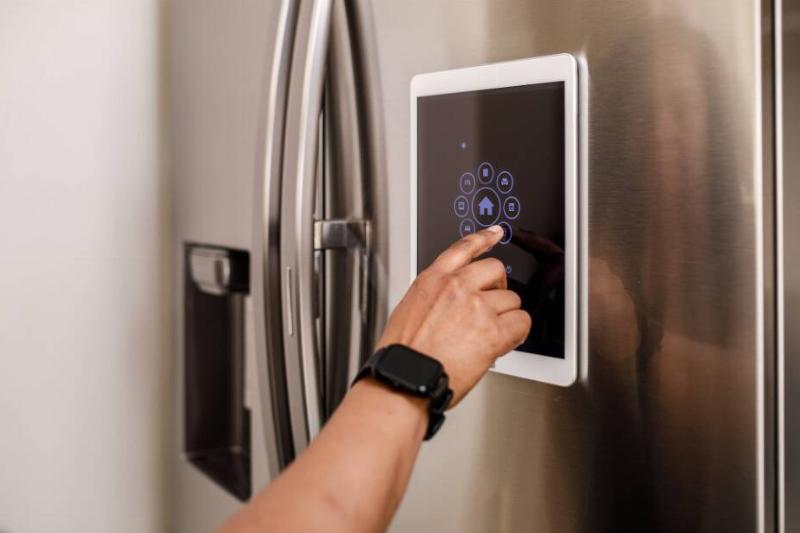
The idea of a fridge that tells you when you’re out of eggs sounds super convenient, but in reality, most people stop using those features after the novelty wears off. These models cost a lot more than your standard fridge, and when the tech breaks, it can be expensive to fix. Plus, your phone or a notepad still does the job of keeping a grocery list just fine. Unless you're really into gadgets or have some money to burn, this one’s probably not worth it.
Smart Blinds

Automatic blinds you can control with your phone or set on a schedule do have their appeal, but the price can be a lot higher than you’re probably expecting, especially when you factor in installation costs. Most people don’t end up using the scheduling features as much as they think they will, and when the motors break, they’re not easy or cheap to fix. If your goal is to keep your room dark, a sturdy pair of manual blackout blinds does the job just fine.
Smart Light Switches
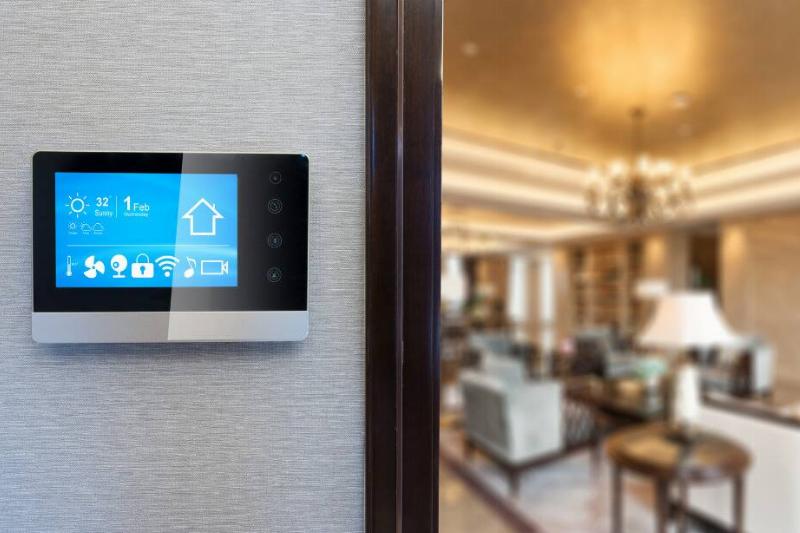
Smart light switches seem like a neat way to automate your home, but they can be tricky to install, especially in older homes with outdated wiring. You’ll also often need a neutral wire, and not every wall box has one. Once installed, the convenience you get isn’t always better than a smart plug or a simple dimmer either. If you want to automate your lights, a smart bulb might be the simpler (and cheaper) way to go.
Related Articles
- Is Paying Extra For High End Power Tools Really Worth It?
- 3 Small Kitchen Appliances That Are Actually Worth The Money And 3 That Aren’t
- How Much Does It Really Cost To Install These 8 Common Home Appliances?
It’s easy to get caught up in the excitement of smart home upgrades, but more tech doesn’t always mean more comfort or convenience. Many of these products add complications to your life without solving any real problems. If you're investing in your home, make sure it's in ways that actually improve your daily life. Start with simple, tried-and-true improvements, and think twice before turning your entire home into a science experiment. Sometimes the smartest choice you can make is knowing when to keep it simple.









